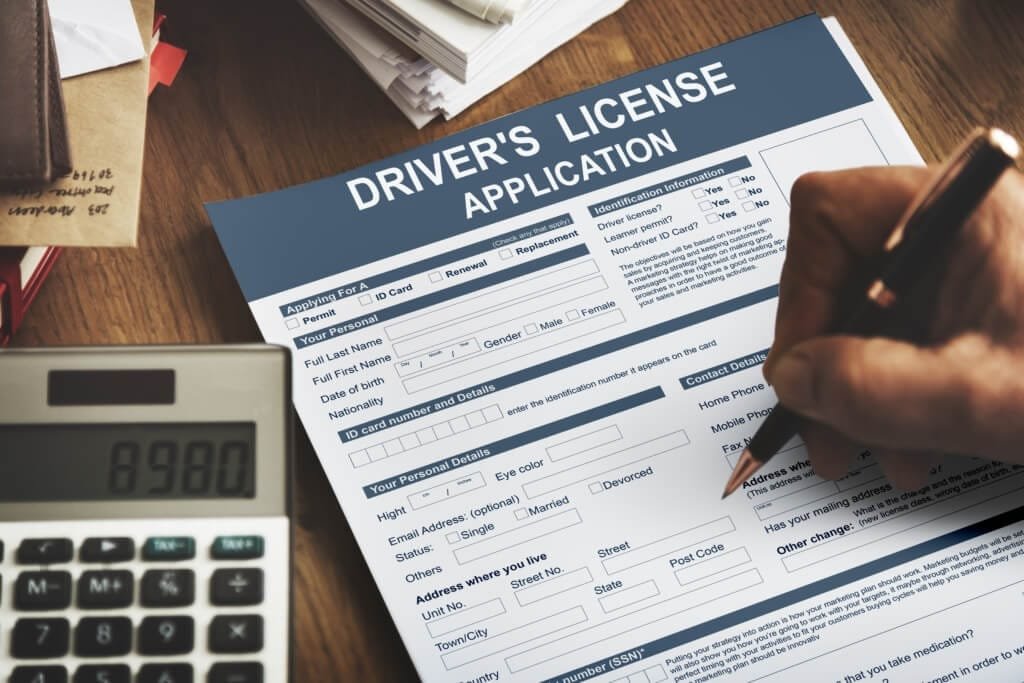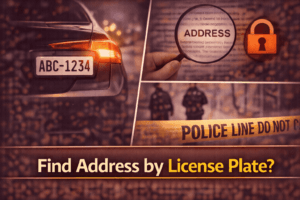Getting your learner’s permit is an exciting step towards independence and mobility, no matter your age. In Pennsylvania, the process for obtaining a learner’s permit if you’re over 18 is straightforward but requires careful preparation. This detailed guide will walk you through the requirements, steps, and tips to make the process smooth and hassle-free.
Embarking on the journey to get a driver’s permit as an adult in Pennsylvania can feel both exciting and daunting. Whether you’re pursuing a lifelong goal or simply ready to enjoy the convenience of driving, knowing what’s expected can save time and effort.
Unlike younger drivers, adults over 18 enjoy certain flexibilities in the process but still must meet specific requirements. From gathering essential documents to passing tests, this guide will provide everything you need to know to secure your learner’s permit. Let’s break it down step by step.
Understanding the Pennsylvania Learner’s Permit
Before diving into the process, it’s essential to understand what a learner’s permit entails in Pennsylvania. A learner’s permit is a temporary license that allows you to practice driving under certain restrictions.
It is the first step toward obtaining a full driver’s license. While drivers under 18 have additional requirements, adults benefit from a simplified process with fewer restrictions.
Key Requirements for Adults Over 18
If you’re over 18, the Pennsylvania Department of Transportation (PennDOT) requires you to meet specific criteria to obtain your learner’s permit:
a. Identification Documents
To prove your identity and residency, you will need:
- Proof of Identity: A valid government-issued ID, such as a passport or state ID.
- Social Security Number (SSN): This can be your SS card, or PennDOT can verify it electronically.
- Proof of Pennsylvania Residency: Documents like a utility bill, lease agreement, or bank statement.
b. Medical Certification
You must complete a Non-Commercial Learner’s Permit Application (Form DL-180), which includes a section to be filled out by a doctor certifying that you are physically and mentally fit to drive.
c. Vision Test
A vision screening is mandatory to ensure you meet the minimum requirements for safe driving. This can be done at a PennDOT location or by an authorized physician.
d. Fee Payment
Pennsylvania charges a fee for the learner’s permit. As of the latest update, the fee is approximately $35.50. Payments can typically be made via credit card, debit card, check, or money order.
Completing the Non-Commercial Learner’s Permit Application
The application process is straightforward:
- Download Form DL-180: You can find this on PennDOT’s website.
- Fill Out the Personal Information Section: Provide your name, address, date of birth, and other details.
- Visit a Physician: Have the medical section completed by a licensed doctor.
- Check All Information: Ensure everything is accurate to avoid delays.
Preparing for the Knowledge Test
Before receiving your learner’s permit, you must pass the Pennsylvania Knowledge Test. This test evaluates your understanding of traffic laws, road signs, and safe driving practices.
a. Study Resources
- Pennsylvania Driver’s Manual: Available for free online, it covers all the topics you’ll need to know.
- Practice Tests: Numerous websites and apps offer practice tests tailored to Pennsylvania’s rules.
b. Test Format
- The test is multiple-choice, consisting of 18 questions.
- A passing score requires answering at least 15 questions correctly.
c. Scheduling the Test
No appointment is necessary for the knowledge test; walk-ins are allowed at most PennDOT locations. However, checking your local office’s hours is a good idea.
Taking the Knowledge Test and Vision Screening
On test day, bring:
- Your completed DL-180 form.
- Proof of identity and residency.
- Social Security Number.
- Payment for the fee.
You’ll first complete the vision screening, followed by the written knowledge test. Once you pass both, you’ll be issued a learner’s permit.
Using Your Learner’s Permit
After receiving your permit, you can begin practicing driving. Pennsylvania imposes specific rules for permit holders:
- You must have a licensed driver aged 21 or older in the passenger seat while driving.
- Your permit is valid for one year, giving you ample time to prepare for the road test.
Preparing for the Road Test
The final step in obtaining a full driver’s license is passing the road test. As an adult, you’re not required to complete a driver’s education course, but practicing is crucial.
a. Schedule Practice Sessions
- Practice on a variety of roads, including highways, residential streets, and city roads.
- Focus on maneuvers like parallel parking, merging, and making turns.
b. Gather Required Documents for the Test
- Your learner’s permit.
- A valid registration and insurance for the car you’ll use.
- Proof of identity.
c. Tips for Passing the Test
- Follow all traffic rules during the test.
- Be confident but cautious.
- Listen carefully to the examiner’s instructions.
Benefits of Getting Your Permit Over 18
As an adult, you can benefit from:
- Fewer restrictions compared to younger drivers.
- No mandatory waiting period before scheduling your road test.
- The flexibility to practice at your pace.
Common Questions and Concerns
Can I Apply Online?
While you can download the application form online, you must visit a PennDOT office to submit your documents and take the tests.
What Happens If I Fail the Knowledge Test?
If you fail, you can retake the test as early as the next business day.
Can I Renew My Permit If It Expires?
Yes, you can apply for a permit renewal if you need more time to practice.
Final Tips for Success
- Start Early: Give yourself plenty of time to prepare for the knowledge test and road test.
- Practice Regularly: The more time you spend behind the wheel, the more confident you’ll become.
- Stay Informed: Rules and requirements may change, so check PennDOT’s website for updates.
Conclusion
Getting your learner’s permit in Pennsylvania as an adult is a straightforward process when you know what to expect. By gathering the required documents, studying for the knowledge test, and practicing driving skills, you’ll be well on your way to earning your full driver’s license.
Taking the time to prepare thoroughly not only ensures success but also helps you become a safe and responsible driver. So, gear up, follow this guide, and take the first step toward the open road!




